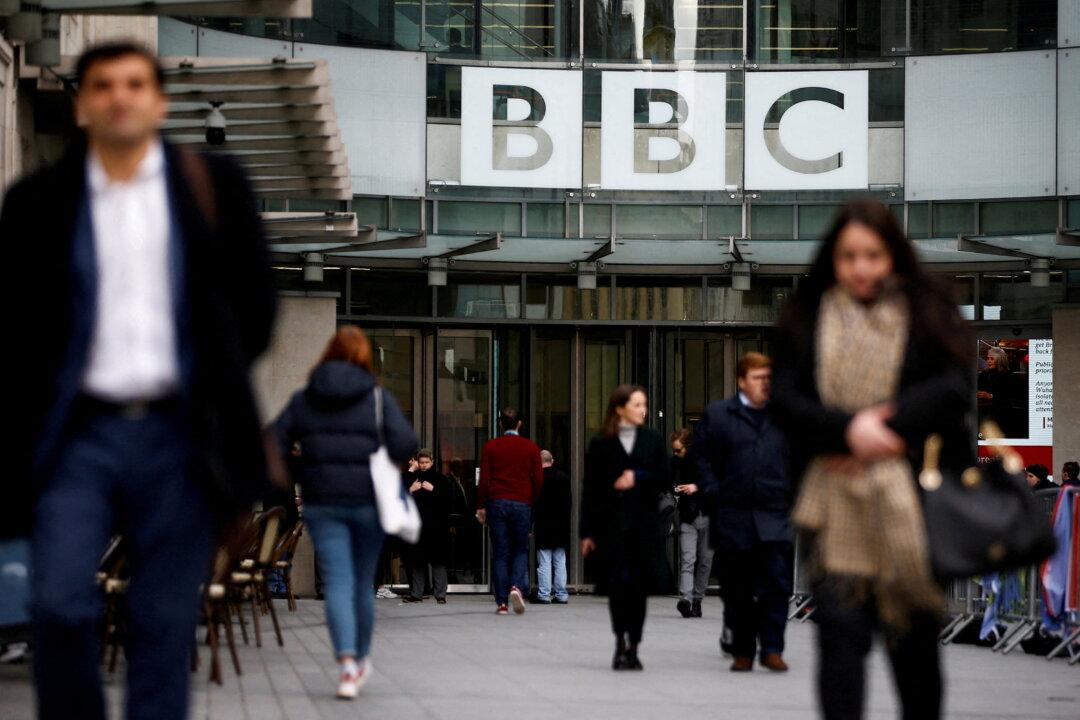The BBC’s Executive Complaints Unit (ECU) issued an amendment on Aug. 3, upholding a complaint of mischaracterisation of protesters as “far-right” who were attending a protest against the expansion of London’s Ultra Low Emissions Zone (ULEZ) back in April.
In the live BBC news at 5:35 p.m. on April 15 (the day of the protest), a reporter made the comment that “Local protesters and mainstream politicians were joined by conspiracy theorists and far-right groups.”





